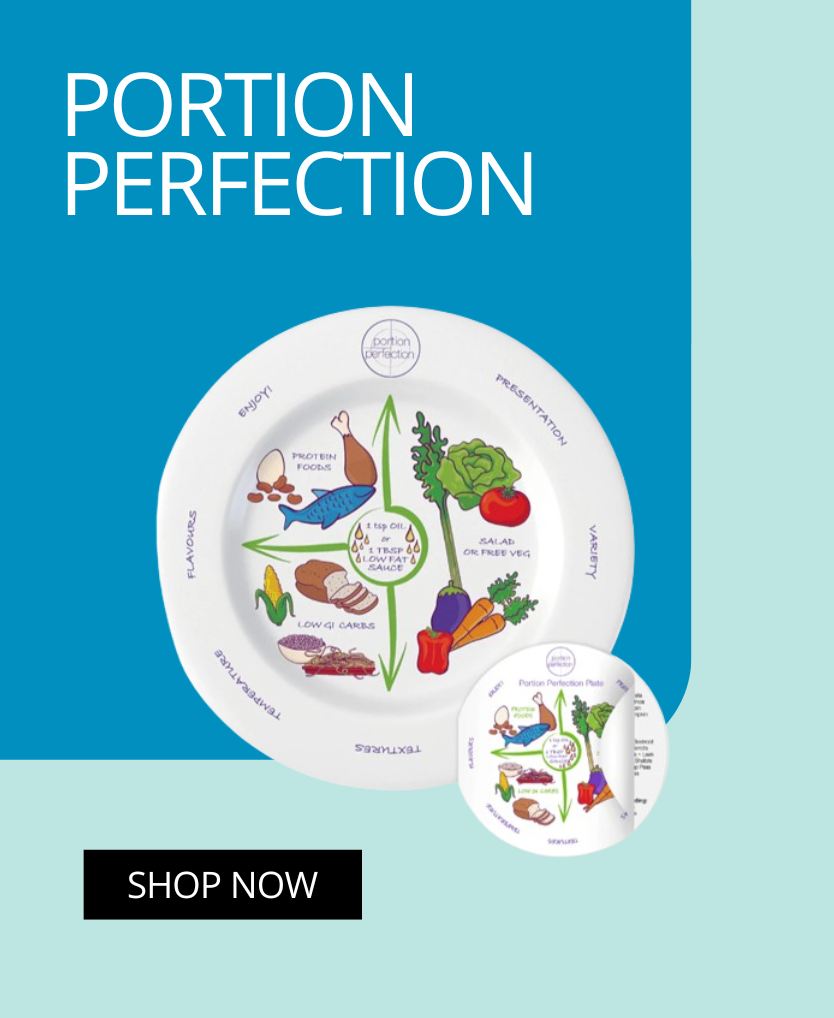Heart Health, Diet and Diabetes: What You Need to Know
If you have diabetes, you are at an increased risk for developing heart disease. This is also referred to as cardiovascular disease (CVD) or coronary disease, and can lead to heart attacks and strokes.
When blood glucose levels remain high for prolonged periods of time, it can damage blood vessels and lead to serious heart complications. Additionally, cholesterol and high blood pressure can also damage blood vessels.
However, you can reduce your risk by managing your diabetes and having regular health checks and treatment. Early detection and treatment can help minimise damage, below we look at how to do this.
5 Ways to Cut Your Risk of Heart Disease
1. Be Physically Active
Try to manage at least 30 minutes of moderate physical activity on most, if not all, days of the week. Regular physical activity can lower blood pressure and help reduce your heart attack and stroke risk. If 30 minutes in one go is too hard, try breaking it up into three 10 minute sessions. Always check in with your GP before starting a physical activity program.
2. Eat a Healthy, Balanced Diet
Include a wide variety of fruit, vegetables, wholegrains, lean meats and low-fat dairy foods. Choose high-fibre, low-glycaemic index (GI) carbohydrate foods and unsaturated fats such as avocado, unsalted nuts and nut butters and extra virgin olive oil. To reduce your heart risk, limit foods high in saturated fat and salt (sodium).
3. Keep Blood Fats in the Target Range
You can reach these targets with exercise and healthy eating, as well as cholesterol-lowering medications. General targets for people living with diabetes are:
- Total cholesterol of less than 4mmol/L
- LDL (‘bad’) cholesterol of less than 2mmol/L
- HDL (‘good’) cholesterol of 1mmol/L or above
- Triglycerides of less than 2mmol/L.
4. Manage Your Blood Pressure
Reduce the strain on your heart and blood vessels by managing your blood pressure. The general target for people living with diabetes is 130/80mm Hg or lower. If you have existing cardiovascular or kidney conditions, your doctor will advise you on a blood pressure target to meet your individual health needs. You can lower your blood pressure by reducing salt intake, losing weight and doing regular physical activity. If you are overweight, just losing a small amount can make a real difference. Note that weight loss is not recommended for all people, talk with your doctor. Your doctor may prescribe medications to manage your blood pressure.
5. Get Help to Stop Smoking
Smoking makes it harder for blood to flow around your body, especially to your heart. If you need help stopping, ask your healthcare team or call Quitline on 137 848.
How Diet Can Help Heart Disease
Diet is a key factor in preventing and reducing the risk factors of heart disease. A diet rich in plant foods, low in saturated fat and high in fiber can significantly help reduce your risk of developing heart disease.
When it comes to maintaining a healthy diet, mix things up and include a variety of foods from each of the five food groups recommended by doctors and nutritionists.
By eating a wide variety of foods, you'll not only keep your diet interesting, but you'll also be providing your body with essential nutrients it needs to function properly.
We have some excellent resources to assist you eat a healthy, balanced diet that protects your heart.
- Low GI Diet / Diabetes Handbooks
Loved this article? You might also like 15 Easy Food Swaps For Diabetes.




